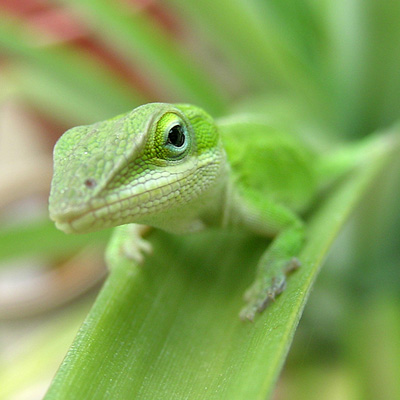In June 1997, at least seven persons who attended the Glastonbury Music Festival in the U.K. were infected with Escherichia coli O157. A cow belonging to a herd that had previously grazed the site tested positive for the same strain, leading researchers to conclude the most likely vehicle of infection was mud contaminated with Escherichia coli O157 from infected cattle.
??In June 2007, hundreds were stricken and 18 tested positive for campylobacter during the annual Test of Metal mountain bike race in Squamish, B.C.?? Dr. Paul Martiquet, the chief medical officer for Vancouver Coastal Health, said, "This was an outbreak with a  high attack rate. Our future advice to the race organizers is to inspect the route prior to the race to ensure it is not littered with animal feces, and not end the race at the horse ring. If there is any horse poop, they have to remove it."
high attack rate. Our future advice to the race organizers is to inspect the route prior to the race to ensure it is not littered with animal feces, and not end the race at the horse ring. If there is any horse poop, they have to remove it."
Up to 160 people who attended the Merida Bikes mountain bike Marathon July 5-6, 2008, based on Builth Wells, in Wales, fell ill, and 10 of the riders tested positive for campylobacter. The report described the course as,??“very muddy and contaminated with sheep slurry in certain areas, leading to significant amounts of mud splashing over participants and their equipment. … The most statistically significant risk was the inadvertent ingestion of mud.
Today, the News Star reports three Ouachita Christian School students in Louisiana were admitted to local hospitals late last week with E. coli O157:H7 after attending an end-of-the-year party at a farm and playing in a mud pit.
Dr. Shelley Jones, Region 8 director of the Department of Health and Hospitals, said Tuesday, “The most important thing people can do is properly wash their hands.  Parents of other students at the party need to make sure they and their children wash their hands thoroughly.”
Parents of other students at the party need to make sure they and their children wash their hands thoroughly.”
Or not party in mud pits on farms.

.jpg) reported Sept. 13. The Health Department has teams in Mustang trying to determine the cause of the outbreak. No children have been hospitalized.
reported Sept. 13. The Health Department has teams in Mustang trying to determine the cause of the outbreak. No children have been hospitalized..jpg) “Between 1998 and 2004, illnesses reported by CDC that were caused by E. Coli, listeria, campylobacter and a few other bacteria decreased by 25 to 30 percent, perhaps because of improvements in the handling of meat and eggs. Since about 2004, however, the rate of these illnesses has basically remained steady.”
“Between 1998 and 2004, illnesses reported by CDC that were caused by E. Coli, listeria, campylobacter and a few other bacteria decreased by 25 to 30 percent, perhaps because of improvements in the handling of meat and eggs. Since about 2004, however, the rate of these illnesses has basically remained steady.” It’s not dead. It’s sleeping. Tuckered out.
It’s not dead. It’s sleeping. Tuckered out. Last year, some publication at the University of California at Los Angeles – UCLA – warned students that beer pong, a communal drinking game,
Last year, some publication at the University of California at Los Angeles – UCLA – warned students that beer pong, a communal drinking game, 
 “Brian Stimpson (John Cleese) is the headmaster of a comprehensive (high) school in England. He sets himself, his staff and pupils very high standards. On the way to a conference at which he is to talk, all manner of disasters strike."
“Brian Stimpson (John Cleese) is the headmaster of a comprehensive (high) school in England. He sets himself, his staff and pupils very high standards. On the way to a conference at which he is to talk, all manner of disasters strike." Saha was making an inspection of the hostel’s kitchen after 63 students, who had taken lunch there on Saturday, underwent treatment for food poisoning at Bagerhat Sadar Hospital.
Saha was making an inspection of the hostel’s kitchen after 63 students, who had taken lunch there on Saturday, underwent treatment for food poisoning at Bagerhat Sadar Hospital.
 That’s a bunch of projects – and we’re looking for a bunch of people with diverse skills. Whatever your background, from microbiology to psychology, as long as you have excellent communication skills and can work both independently and collaboratively, we’re interested in chatting with you. Undergraduate or graduate students, if you’re interested – passionate – about compelling individuals to wash their hands and enhance public health, please contact Dr. Kate Stenske at
That’s a bunch of projects – and we’re looking for a bunch of people with diverse skills. Whatever your background, from microbiology to psychology, as long as you have excellent communication skills and can work both independently and collaboratively, we’re interested in chatting with you. Undergraduate or graduate students, if you’re interested – passionate – about compelling individuals to wash their hands and enhance public health, please contact Dr. Kate Stenske at .jpg)